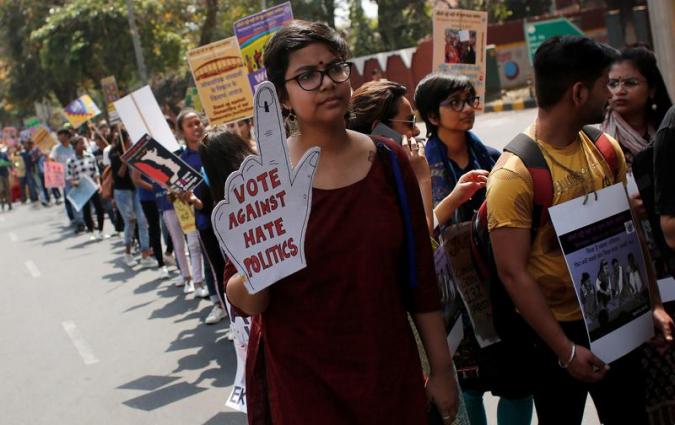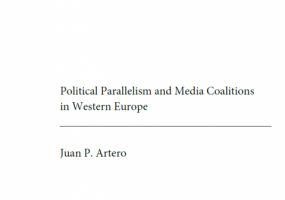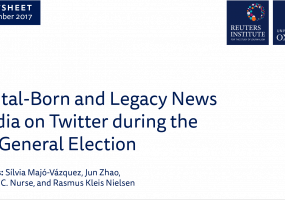The Emotional Toll on Journalists Covering the Refugee Crisis

DOI: 10.60625/risj-npbs-0x68
This report looks at how journalists were affected by their coverage of the refugee crisis which reached its peak in 2015, when more than one million migrants arrived in Europe.
Through quantitative research and wide-ranging industry discussions, it marks the first time a study of this kind has been carried out into the psychological response of journalists' covering a humanitarian crisis. In so doing it became the first study to look at moral injury among journalists – finding that this, rather than PTSD or depression, emerged as the biggest psychological challenge confronted by journalists covering the refugee crisis.
In doing so, it shines a light on an important area of mental health that is likely to pose concerns for the industry, where individuals cover stories in other challenging, but non-conflict areas, or locations of post-conflict and humanitarian crisis.
It shows how moral injury is strongly associated with journalists becoming actively involved in helping refugee and it discusses how the industry needs to reach consensus on defining appropriate expectations in situations such as these.
And it concludes by offering a set of considerations for newsrooms to support those covering stories like this in non-conflict areas, or locations of post-conflict or humanitarian crisis, particularly where journalists may be covering a story local to them.
Published by the Reuters Institute for the Study of Journalism.

This report can be reproduced under the Creative Commons licence CC BY. For more information please go to this link.





